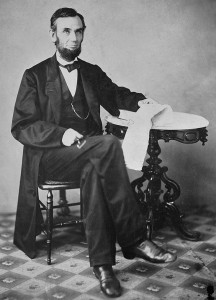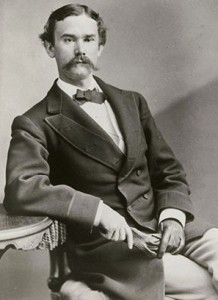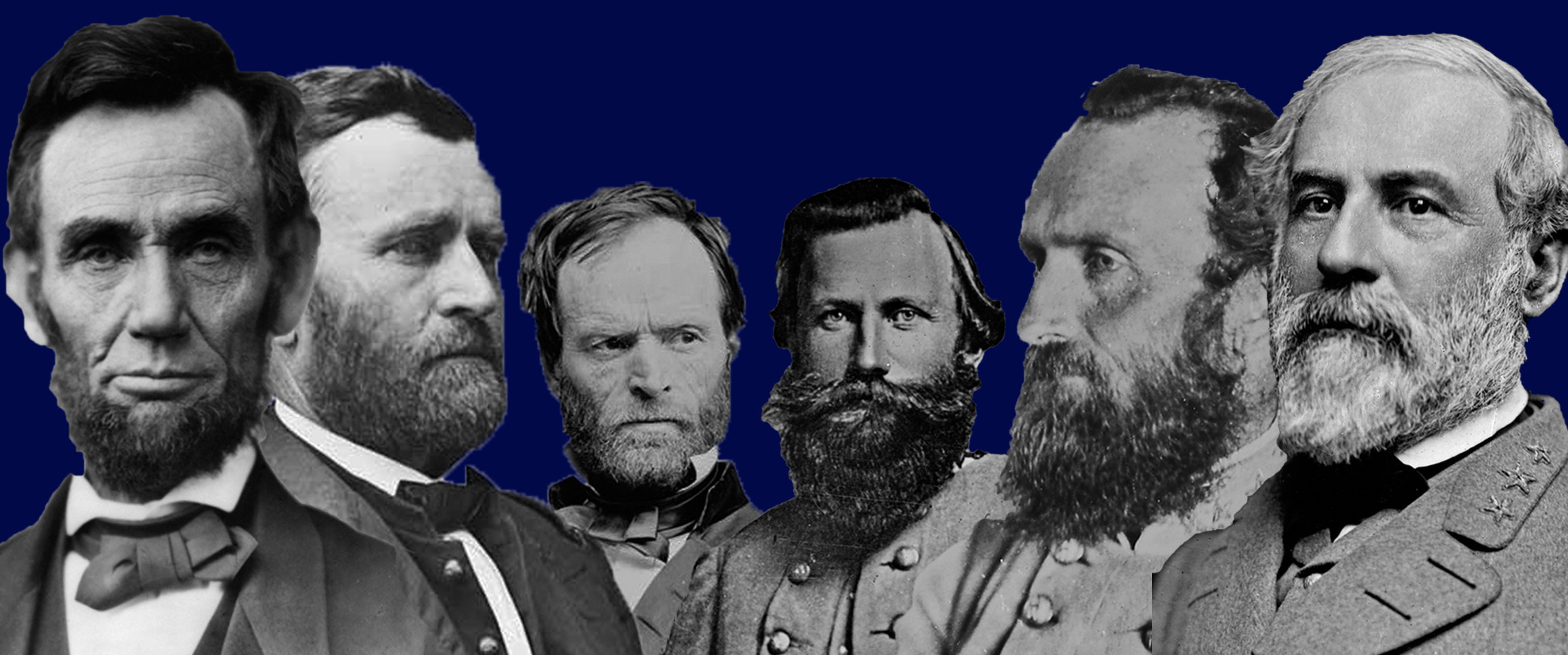 One hundred and fifty years ago today, a letter was written to a Mrs. Lydia Bixby of Massachusetts consoling her for the loss of five sons during their service in the Union army. The letter, signed by Abraham Lincoln, and featured in the 1998 movie, Saving Private Ryan, is widely regarded as a literary work of art. Next to the Gettysburg Address and his Second Inaugural Address, the letter is often considered one of Lincoln’s three greatest compositions.
One hundred and fifty years ago today, a letter was written to a Mrs. Lydia Bixby of Massachusetts consoling her for the loss of five sons during their service in the Union army. The letter, signed by Abraham Lincoln, and featured in the 1998 movie, Saving Private Ryan, is widely regarded as a literary work of art. Next to the Gettysburg Address and his Second Inaugural Address, the letter is often considered one of Lincoln’s three greatest compositions.
The original letter remains lost to history, but its contents were first published in the Boston Transcript on November 25, 1864:
Executive Mansion
Washington, Nov. 21, 1864.Dear Madam,
I have been shown in the files of the War Department a statement of the Adjutant General of Massachusetts that you are the mother of five sons who have died gloriously on the field of battle.
I feel how weak and fruitless must be any word of mine which should attempt to beguile you from the grief of a loss so overwhelming. But I cannot refrain from tendering you the consolation that may be found in the thanks of the Republic they died to save.
I pray that our Heavenly Father may assuage the anguish of your bereavement, and leave you only the cherished memory of the loved and lost, and the solemn pride that must be yours to have laid so costly a sacrifice upon the altar of freedom.
Yours, very sincerely and respectfully,
A. Lincoln
Since its publication, the letter has been the subject of much discussion concerning the accuracy of its content and the identification of the author.
The letter was written at the request of John A. Andrew, then governor of Massachusetts, after he was informed by the state’s adjutant general, William Schouler, that documents had been submitted by Mrs. Bixby indicating her five sons had died while serving in the Union army. Governor Andrew then forwarded the information to Washington asking the president to write Mrs. Bixby in regard to her profound loss.
In reality, only two of her sons had been killed in the Civil War. One had deserted the Union army in 1862, while another was honorably discharged two years later in 1864. Her fifth son was captured in 1864 and either deserted or died in prison, records are unclear as to which. The “Widow Bixby” herself was later reported by relatives to be a Southern sympathizer and supposedly destroyed the original letter shortly after receiving it from Lincoln.

Early in the 20th century, a controversy also arose over the authorship of the letter. Although signed by Abraham Lincoln, some scholars – then and now – have proposed that it was actually written by John Hay, Lincoln’s personal secretary. No solid proof exists establishing Hay as the author, but supporters of the theory point to stylistic similarities with Hay’s other writings and hearsay evidence that he privately declared his authorship to acquaintances. By contrast, Hay’s children stated their father never made such claims to them and the president’s son, Robert Todd Lincoln, wrote in a 1917 letter that John Hay had no knowledge of the letter at the time it was written as “Hay himself told me so.”
The letter’s popularity also sparked a search for the original correspondence, which has never been found, but forgeries and reproductions surfaced over the years that were reported as being authentic and written in Lincoln’s hand.
Whether one believes the Bixby letter was actually penned by Abraham Lincoln or not, it remains a beautiful and timeless piece of sympathetic prose.
Suggested Reading:
Burlingame, Michael. “New Light on the Bixby Letter.” Journal of the Abraham Lincoln Association 16 (1995); 59-71.
Emerson, James. “America’s Most Famous Letter.” American Heritage 57 (2006).

I bought a letter like this at a garage sale many years ago in Vancouver, Washington
Also have Reward poster following Lincoln’s assassination. Also bought at same garage sale.
My opinion: You could take five of the last presidents, put them in closed room with no dictioary or synonym finder, allow them to meditate for four hours and they would not come close to arriving at a close faciline to Lincoln”s letter. Or, for that matter, EVER. Richard K. Geyer bulletsgey@gmail.com